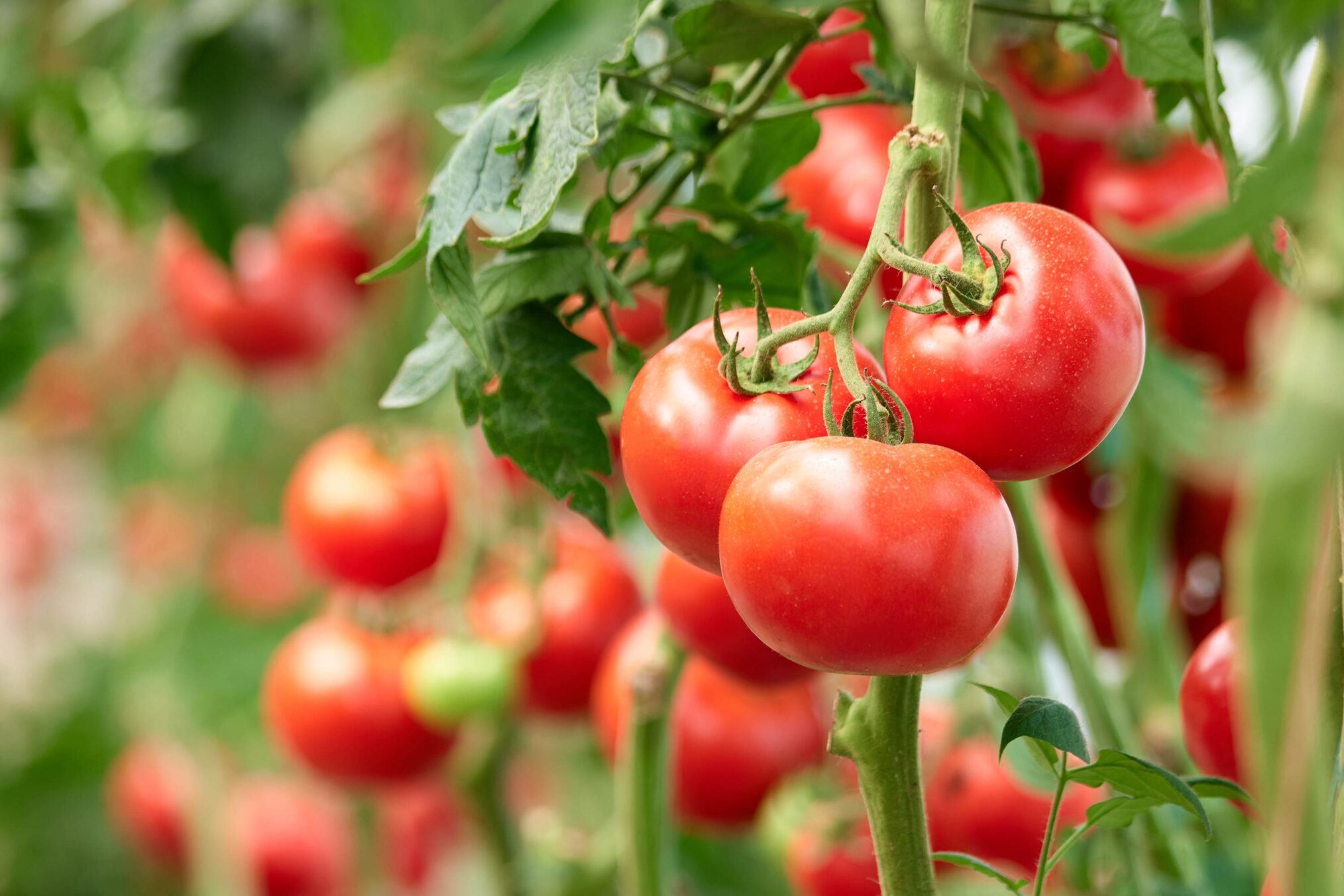As of July 21, the tomato growers had seen a growth of interest in domestic tomatoes, according to the White House media alert which touted the newly installed 17% tariff on Mexican tomatoes.
“If you can find a local farm… it helps everyone out,” said one North Carolina tomato producer in a video that referred to a small price jump and interest from restaurants to source locally, cited by the White House news release.
“Less than 20 years ago, there were over 10 farms here on this mountain,” said one producer in Alabama who mentioned new buying interest and no change in prices. “Now, there’s barely five…”
In Nevada, the price will not change from $1.50/lb, according to a local producer in that state.
These comments confirm the sentiment from Expana’s sources, according to Market Reporter Holly Bianchi.
“California growers are happy about [the tomato antidumping investigation],” she said, referring to her sources. “It helps the competitiveness in the market so that California growers aren’t being undercut by cheaper prices of Mexican tomato exports.”
Now, it’s harvest season in the US—and tomatoes are in abundance. So, this tariff’s effect may not be felt by consumers until the winter season rolls around.
Tomatoes from US growers in warmer climates may sell at a “better” price in the winter, predicted the owner of Tennessee Homegrown Tomatoes.
On July 14, the US Department of Commerce team withdrew from and terminated the 2019 Agreement Suspending the Antidumping Duty Investigation on Fresh Tomatoes from Mexico (the 2019 Agreement), according to a press release.
Previously, the tariff rate was ~21%, announced by the US DoC and reported by Expana. However, that rate has since changed to ~17%.
“Antidumping duties are calculated to measure the percentage by which Mexican tomatoes have been sold in the United States at unfair prices,” read the DoC statement.
“There are no countries in the world that can replace Mexican tomatoes in a market we have built through innovation and effort over the past 120 years,” said Mexican agriculture representatives in a statement cited by Expana (customer access only).
To keep on top of tariff changes, how they could impact your business and how to respond to upcoming changes, sign up to our weekly Tariff Talks rundown.
Image source: Adobe
Written by Ryan Gallagher




